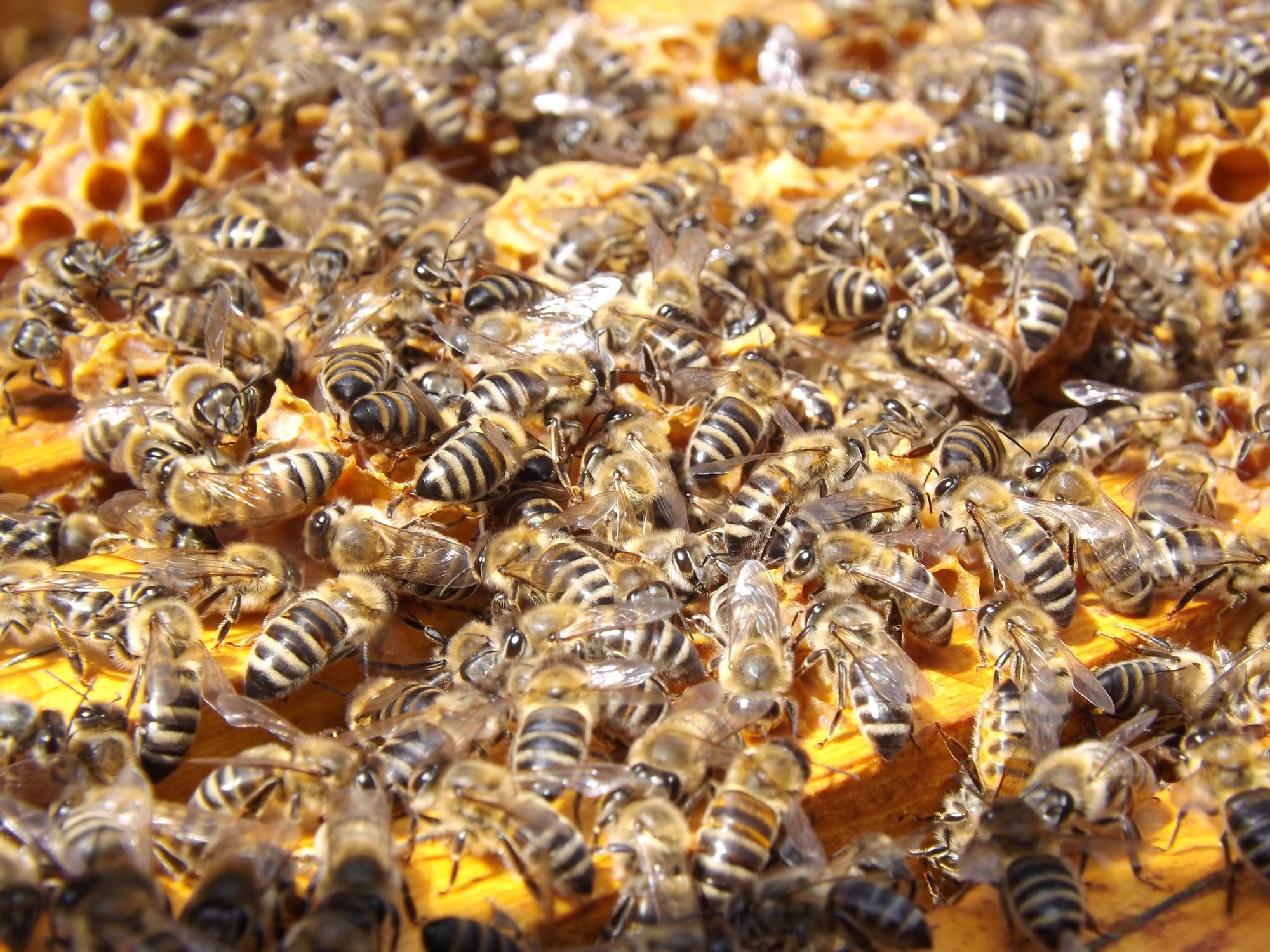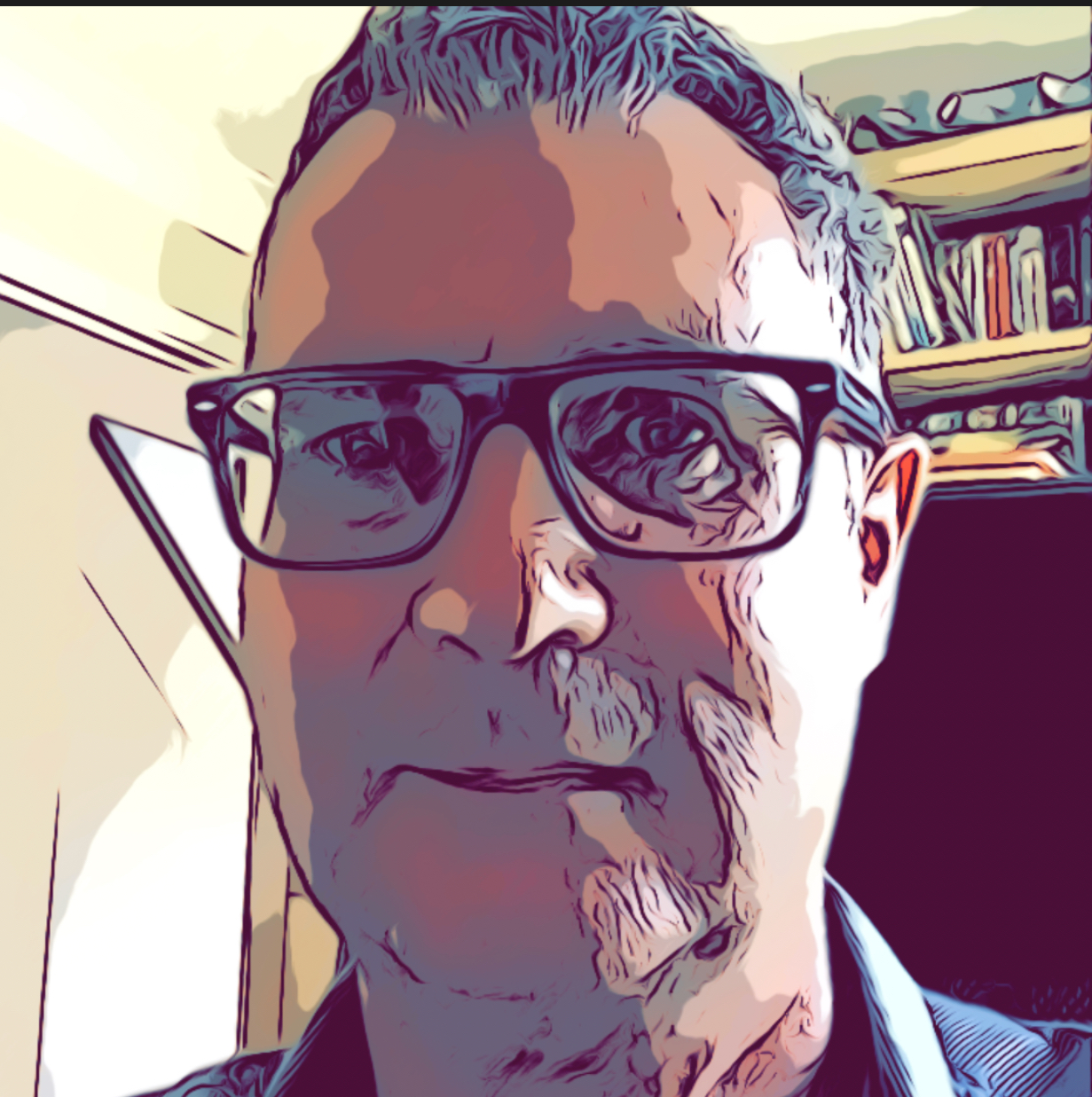
I had spent far too many years caught in the trap of being endlessly busy. Endlessly busy led to physical and mental health issues – not a great place to be.
I couldn’t seem to break the cycle, I looked at every quick fix I could find: Reading the latest time management guide, reading the 3 steps to (insert any personal or business goal) book, the latest productivity app, TED talk, online course…
All I found was a short term alleviation but very soon things got back to their default.
Two years ago, after a particularly unpleasant health issue reared outs head I thought “Enough is enough” – I needed to find a more sustainable way forward.
I was running my own business and co-running a business with my wife – my initial thought was – OK running a business is hard so that must be the issue I will go back to employment, that’s clearly the right answer…
Wrong!! – When I dug deeper I realised had been in the busy trap in employment as well as in self-employment – I needed to ask better questions I need to dig deeper…if only I had the time ?.
And that was the key, I had never cleared the mental and physical space to think about the hard questions, to go beyond simple, automatic default answers.
So I gave myself the space – I cleared the decks for a couple of days – Woah! you did what I hear you cry? – exactly I cleared space – no meetings, no client work, no weekend chores.. – just time to think.
Which perversely is exactly what being busy stopped me doing or perhaps was just a story justifying why I didn’t have time to think…
This was a breakthrough – aided by my wife – we were sitting in the office of her interior design business and I was (as usual) moaning about how busy I was, how difficult it was to get anything done, despite being always busy…apparently I moaned and whined quite a lot (useful feedback in hindsight.).
My wife delivered one of her pithy responses – “So what are you going to do about it then?”
I instantly went into justification defence mode “Oh you just don’t get it I have a presentation to complete, a proposal to write, emails, VAT return, it’s never ending…”
She replied, “So what are you going to do about it?” – That pulled me up, I was so used to justifying busy, rationalising not getting the right things done.
I was constantly telling myself stories which justified my busy and hectic existence. However those stories did nothing to change the situation, in fact, they compounded the situation.
I had a choice. I had let a default situation become an accidental unintended choice.
“It is our choices, Harry, that show what we truly are, far more than our abilities.” J.K. Rowling, Harry Potter and the Chamber of Secrets
I made a conscious decision to clear the decks, manage my commitments and do some serious thinking.
Lesson 1 – you always have choices
In working through the challenges I realised I didn’t have all the answers – I would need to experiment. That said I realised that I needed to be clear and specific on what I wanted, how I want to show up every day, what gave me energy & purpose. Without this clarity I knew I would drift back to default behaviours, I
would have no hooks to hang new habits, routines and behaviours.
**Lesson 2 – be clear and specific on what you want **
I also realised that there was not and would never be a quick fix solution – to create sustainable change required a systemic approach.
The first part of that was to be more human.
Huh?
Yep being eternally busy is not being human it’s being a machine. Why? because I spent a disproportionate amount of time dealing with inputs. – other people inputs, and less time dealing with actions that created outcomes that mattered. – See step 1 about if you are not clear on what matters then everything matters, which really means nothing is important – but you are busy doing nothing really important.
As a result, I didn’t have the clear space to do real thinking, to work on creating anything of value. I was bouncing around. I would tell myself I was being effective but in reality, my work, my relationships & my sense of value were severely compromised.
The first part of my clear space days was to clear my head – as David Allen would say do a brain dump. I would not be able to focus on any deep thinking if my headspace was full of stuff.
More importantly, I realised that I needed a sustainable habit to maintain control of stuff entering the valuable headspace – my solution a notebook and pen with me all the time – capture anything and everything with no judgement. Then have a routine to review and handle anything written down.
Lesson 3 – clear your mind before you need to think
I needed to deal with my inner-space – how I thought, how I perceived things, how I chose to respond. Alongside this, I needed external tools which helped me bring to life my inner-work – listening (really listening), asking better questions of myself and others, externalise my thinking (primarily through visuals & drawing things out).
What I learned here was that in the past I let too much in – it was like keeping the tube (London underground train reference) door open – in came the inputs – information and emotions, distractions, incomplete actions – a constant stream of stuff.
In reality, inputs are limitless and therefore you can never, ever deal with them all – be ruthless and limit the inputs and put constraints on unconscious consumption.
Lesson 4 Limit your inputs
I reacted negatively to the constant inflow of information, emotions – I would switch to the latest incoming, I would react to the email, I would react to the funny look in the meeting, and so on.
Back to lesson 1 – I had a choice. I was letting the default take over I was not consciously making a choice – it was thoughtless, mindless and careless.
So what were my choices?
- I can switch off notifications, I can actually switch off my devices.
- I can choose to pause and think before I respond
- I can ignore incoming information
- I can unsubscribe from information until I decide I want to see it
- I can reframe a situation by looking at the facts, assumptions & my beliefs
- I can see the funny side of my failings and not take myself too seriously…
Seems simple?
Well, it would have been in the past but I let myself go into auto-mode. Unfortunately part of being human is having a highly energy efficient brain – brilliant at keeping us alive, working on auto-pilot to save energy.
However, to make choices you need to think and thinking is hard work.
Part of the game of being human is knowing when to make the best use of the auto-pilot and when to take executive control.
A bit like planes – auto-pilot on take off and landing may not always give the right results!
More on being more human in a later post.
Making best use of auto-pilot means taking the load off your brain – hence capture everything, close out mental loops, keep things simple. Don’t try and remember everything – your brain can’t distinguish between buy milk and finalise the multi-million-pound contract.
Make it easy for yourself to have good habits and make it hard for yourself to have bad habits – simple.
Link your habits and routines to what you value – you’ll very quickly find a mismatch – I didn’t have ‘rapid response to all e-mail’ as one of my values; nor would I want to…
Lesson 5 you always have choices – honest you do…
We always have choices – we may not like the choices but we have them – the trick is to consciously make a choice.
As an accountant, I know the concept of opportunity cost – the loss of one opportunity when another opportunity is selected.
Once you are clear on what’s important making choices and the consequences of those choices are clear.
So if I understood the concept why did I not implement it?
I had:
- No clarity on what was important to me
- No limits on the inputs I was taking on board
- No headspace to deal with the decisions on choices
- No sustainable framework to manage the above on a daily basis
Knowing is OK, knowing and doing is better, but knowing and doing in a repeatable and sustainable way is even better.
What I learnt was I was far better at telling myself stories about how busy I was, I could rationalise the bad habits – I wore busy, hectic and stressed as a badge of honour – it’s not it’s stupid – It’s easy to tell yourself the stories why you cannot make a good choice; Stop, pause and make a conscious choice and **choose** a better way.

